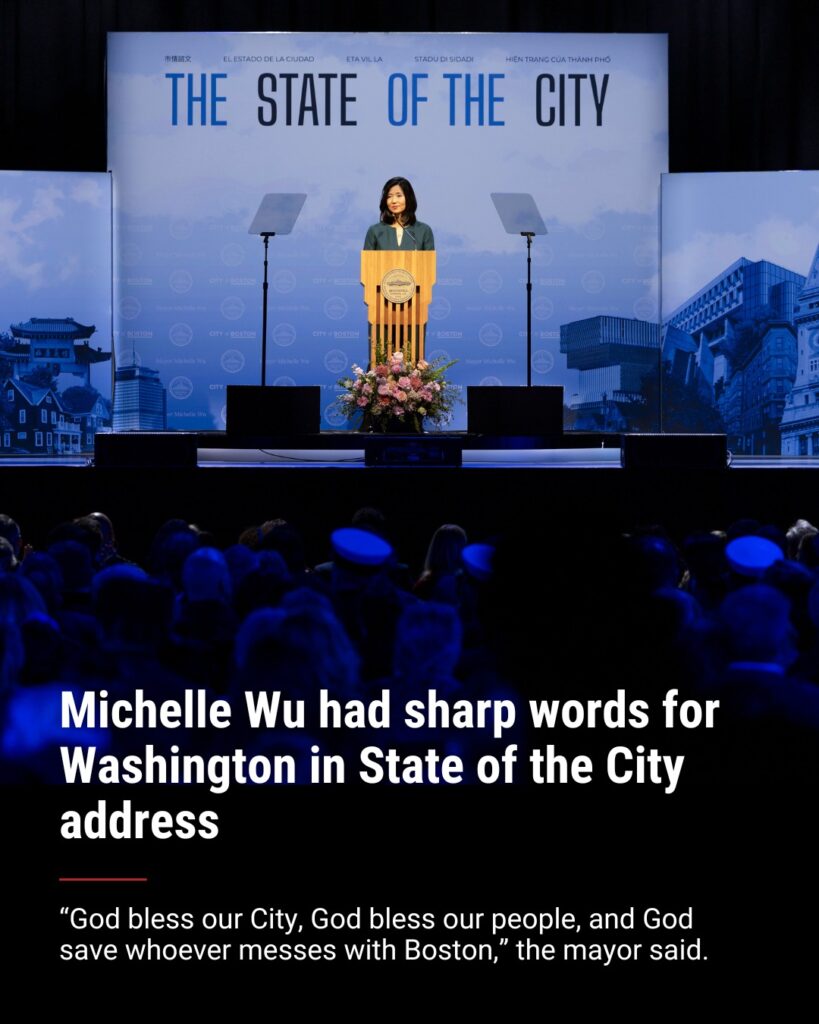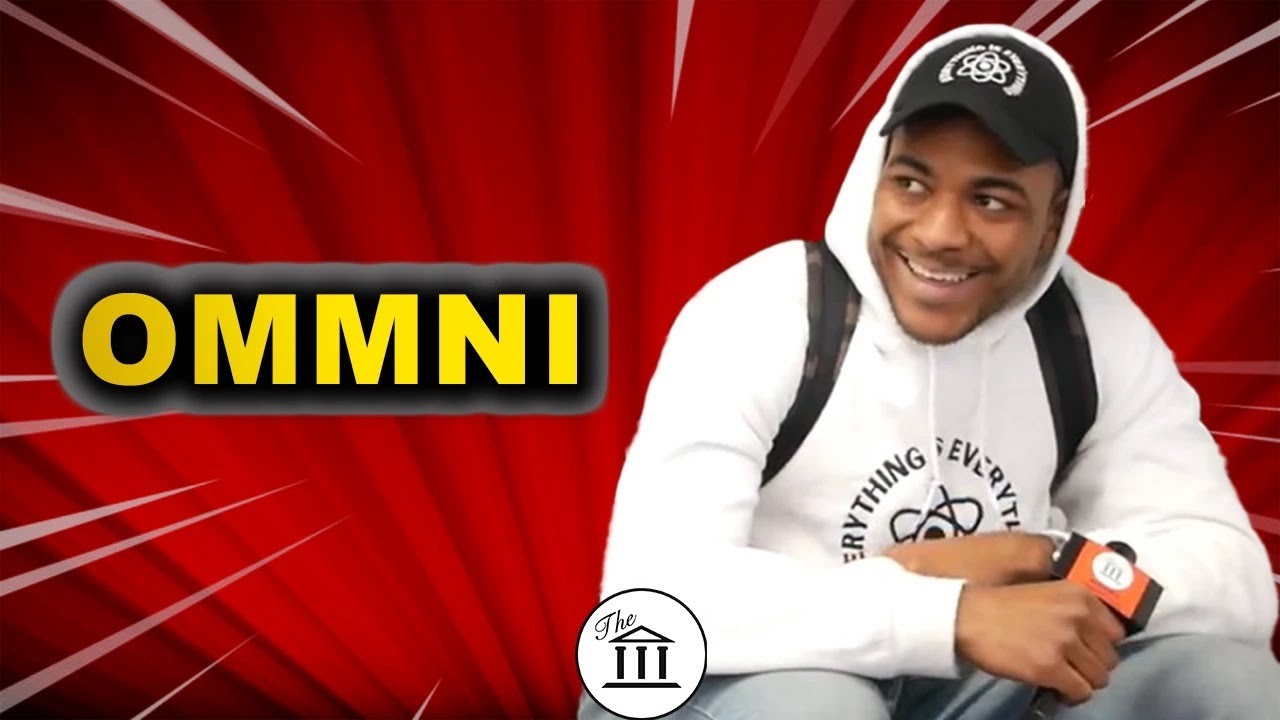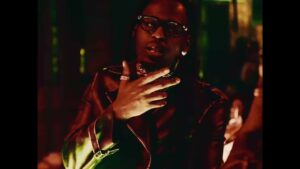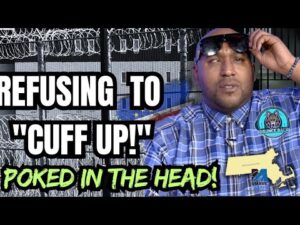Boston Mayor Michelle Wu delivered her 2025 State of the City address Wednesday night from the MGM Music Hall, outlining new initiatives while reaffirming the city’s resilience in the face of national political tensions. In her third annual address, Wu highlighted both local achievements—including infrastructure improvements and business growth—and her stance against federal policies, particularly those from the Trump administration.
Wu’s speech drew attention to her recent testimony in Washington, D.C., where she defended Boston’s approach to policing and immigration. “It might have been my voice speaking into the microphone that day, but it was 700,000 voices that gave Congress their answer: This is our city,” Wu declared, referencing Boston’s collective identity and history of standing up under pressure.
Local Investment and Economic Growth
Wu emphasized Boston’s economic progress, citing business expansions and infrastructure projects aimed at strengthening the city’s workforce and livability. She announced the launch of a Business Recruitment Office to fill commercial vacancies, attract talent, and support local enterprises. Companies such as Eli Lilly, SAP, Roche, LEGO, and NVIDIA have recently established a presence in Boston, reinforcing its status as a hub for innovation and economic opportunity.
The mayor also pointed to the city’s investment in minority-owned businesses, reporting that over $150 million in city contracts were awarded to businesses owned by people of color in the past year—more than double the amount in 2021. Additionally, she highlighted an increase in Black-owned community spaces, including restaurants and entertainment venues, facilitated by newly issued liquor licenses.
Public Safety and Community Policing
Boston’s crime rate has reached historic lows, according to Wu, who credited the Boston Police Department’s efforts in community policing. She acknowledged Commissioner Michael Cox and the department’s recruitment of a diverse new class of officers while touting upcoming reforms, including the introduction of civilian flaggers to improve public safety.
Wu also underscored the city’s work in public health, particularly in reducing racial disparities in healthcare access. She cited targeted initiatives addressing drug overdoses, maternal health, and chronic disease as key components of Boston’s strategy.
Housing and Affordability Initiatives
With housing affordability remaining a priority, Wu detailed ongoing and new initiatives to support homeownership and prevent displacement. The city has facilitated the construction of more than 11,000 housing units, including the highest number of affordable homes in 25 years. She highlighted the recent preservation of 347 homes at Fairlawn Estates in Mattapan as an example of Boston’s efforts to protect tenants from displacement.
Wu also announced the expansion of an office-to-residential conversion program, which will allow universities and employers to repurpose office buildings for student and workforce housing. Additionally, she introduced the Co-Purchasing Pilot Program, which will help families combine their purchasing power for multi-family homes with city-supported financing.
Education and Sustainability
Wu reaffirmed Boston’s commitment to public education, noting the expansion of free early education and pre-K programs, which now serve nearly 5,000 children. She also emphasized the city’s role in climate leadership, announcing the Boston Energy Saver initiative, a partnership with Eversource and National Grid that will provide more than $150 million in funding for residents to improve home energy efficiency and lower utility costs.
As part of Boston’s broader sustainability efforts, Wu stated that all new large buildings in the city will be required to meet net-zero emissions standards starting this summer. She also highlighted workforce development programs that will train more than 1,200 residents for green jobs, including infrastructure projects aimed at climate resilience.
Defending Boston’s Identity
Throughout her address, Wu framed Boston as a city that stands firm in the face of external pressures. She referenced recent federal actions that she believes threaten Boston’s core values, including policies affecting immigrants, LGBTQ+ individuals, and public institutions.
“Boston is the target in this fight for our future because we are the cradle of democracy, pioneers of the public good, the stewards and keepers of the American Dream,” Wu said. “For 395 years, come high water or hell—no matter who threatens to bring it—Boston has stood up for the people we love and the country we built. And we’re not stopping now.”
As she concluded her address, Wu affirmed that the state of the city remains strong, citing Boston’s continued growth, resilience, and commitment to equity. “We are leaving no stone unturned when it comes to building, preserving, and reimagining housing all over our city,” she said. “The best city for families should make it easy to live with the people you love.”













